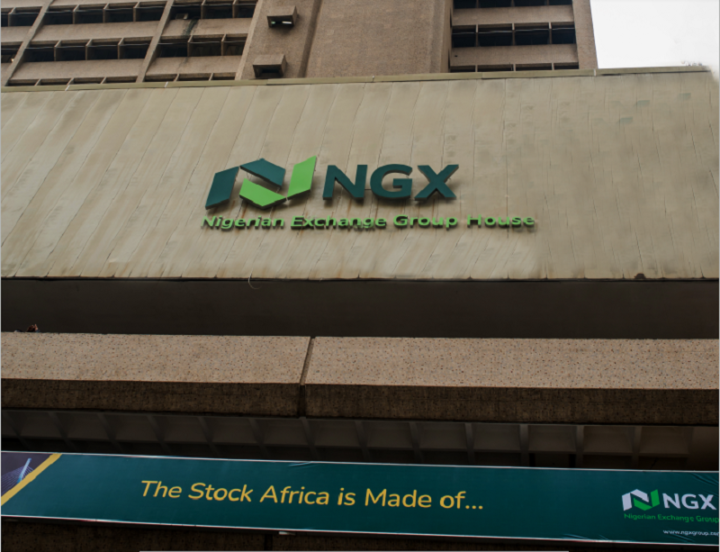Under President Bola Tinubu’s tenure, the foreign exchange (FX) rates disparity is gradually returning to the era of Muhammadu Buhari, former president — as the gap between the official and black markets continues to widen after the devaluation of the naira.
At the end of Buhari’s administration, the naira to the dollar exchange rate in the official market was N464.51, while that of the black market averaged N762.
This left a gap of more than N297.49 and encouraged round-tripping in the foreign exchange market. Unsatisfied by the gap, Tinubu, during his inauguration speech, said he was going to reform the policies in the forex market.
His goal was to strengthen the naira in order to achieve a N300/$ exchange rate in the short term and N200 in the long term.
Advertisement
TINUBU’S FX POLICIES SINCE ASSUMING OFFICE
Some of the policies implemented by Tinubu, through the Central Bank of Nigeria (CBN), to achieve his goal, are the suspension of the RT200 rebate programme and the return of the ‘willing sellers, willing buyers’ model.
The major policy was the devaluation of the naira by 40 percent on June 14, 2023. This pushed the dollar rate to N664.04 in the official market, from N471.67 kobo the preceding day. In response, the value of the greenback saw an uptick in the black market to N760.3 kobo, up from N755.7 kob0.
Advertisement
The currency devaluation was to ensure the unification of the multiple rates in the investors’ and exporters’ (I&E) window of the official market and parallel channel. Six days later, the rates converged at N756 on June 20.
However, gains from the policy change have been lost in the last three months, with the exchange rates accelerating to N773.25 in the I&E window and N993 in the black market as at Monday.
The rates have gone from converging to creating a gap of N219.75 — N68.88 shy of the N288.63 gap recorded a day before the CBN devalued the naira in June.
THE RETURN OF DISPARITY AND ITS PROBLEM
Advertisement
Charles Abuede, chief economist and researcher, Cowry Asset Management Limited, said speculative activities are behind the disparity in the rates.
The researcher said there are some underlying issues that warrant attention and the failure of the bank to supply an adequate amount of FX to alleviate pressure in the official market pushes demands to the open market.
He said the persistent supply-demand imbalance continues to fuel speculative activities, resulting in the substantial disparity in both FX markets.
‘REMOVE RESTRICTIONS TO STRENGTHEN NAIRA’
Advertisement
After ending the RT200 rebate programme and the Naira4Dollar remittance scheme, the central bank said the ban placed on 42 items, such as sugar, wheat, and rice, from accessing FX remained in place.
Abuede said the restriction on the items forced importers to the black market to obtain forex.
Advertisement
The economist is of the view that reconsidering the ban on the 42 items and increasing supply could strengthen the naira and reduce the parallel market patronage.
“Since the inception of the Investors and Exporters (I&E) window in 2017, the Central Bank of Nigeria (CBN) initiated these restrictions to protect local industries and enhance import substitution efforts,” Abuede said.
Advertisement
“However, the desired impact has not materialized, leading importers to seek easier access to FX in the open market, resulting in heightened demand for dollars on the parallel market.”
He suggested that concerted efforts from both fiscal and monetary authorities are imperative to improve the naira against the dollar.
Advertisement
The analyst said several key actions — including formulating coherent policies that facilitate local currency transactions — can provide respite across the markets.
“This involves reducing the necessity for the greenback and instead relying on a predetermined percentage of the dollar and the naira for trade or imports,” Abuede said.
As government policies continue to prove fruitless, Wale Edun, the minister of finance, said overdue forward payments must be resolved before the naira can begin to regain its lost value.
Add a comment






